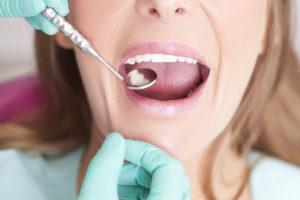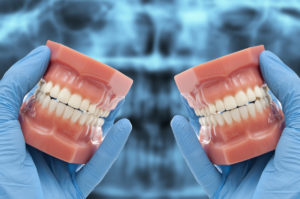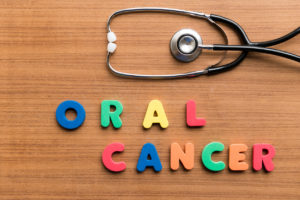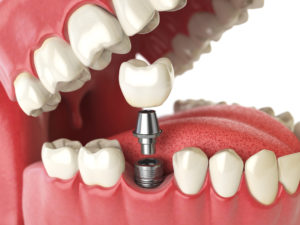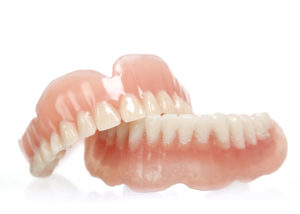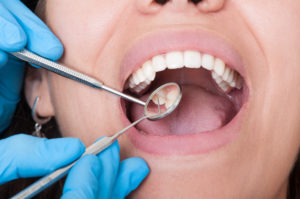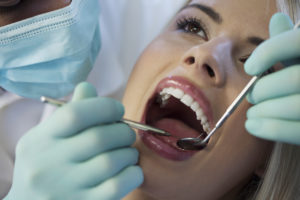
In our blog this week, we want to teach you about the importance of regular dental visits. The American Dental Association currently recommends that all patients, even those who have never had teeth or gum problems, visit the dentist at least every 6 months. If you have a history of gum disease, periodontitis, or a high caries rate, it may be necessary for you to visit your dental office more often than every 6 months. Sometimes, people are afraid to visit the dental office and, consequently, avoid dental visits for years. This can become a problem because tooth decay and gum disease can develop undetected for years. You may not be aware that you even have a problem until it is too late and your teeth have to be extracted. Regular dental visits combined with preventative measures like sealants and cleanings can help your teeth and gums to have a long and healthy life.





